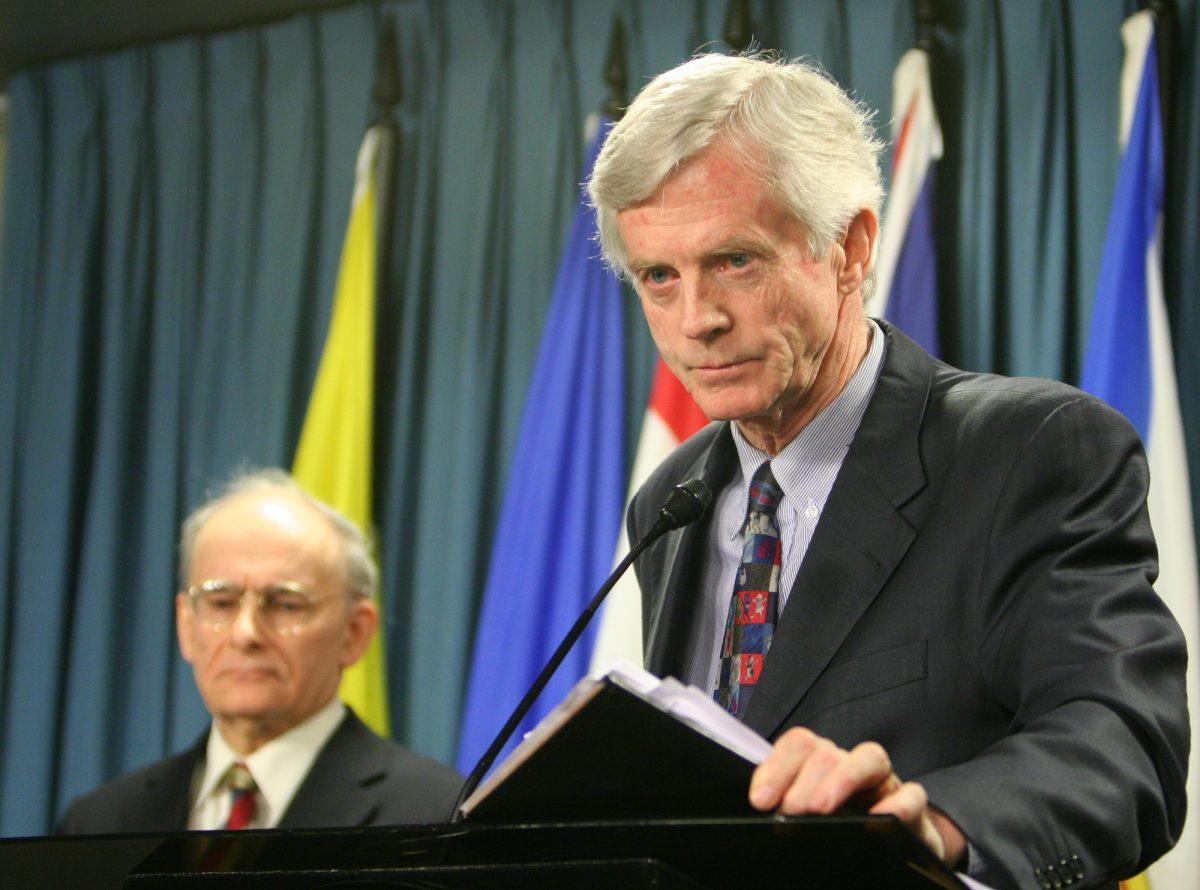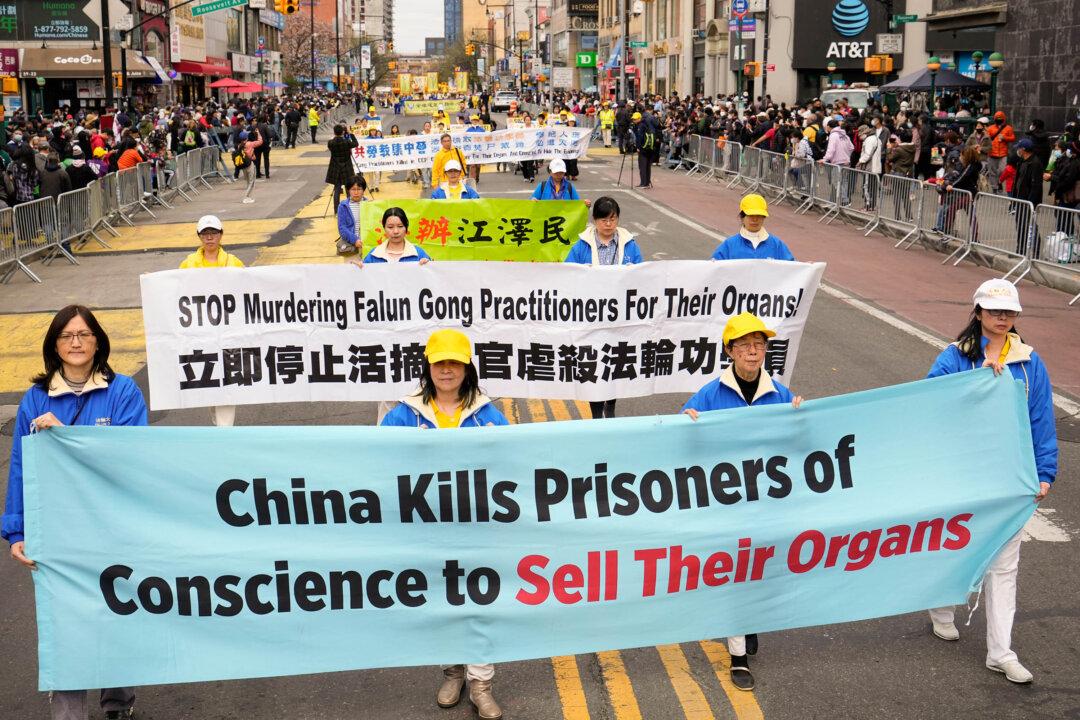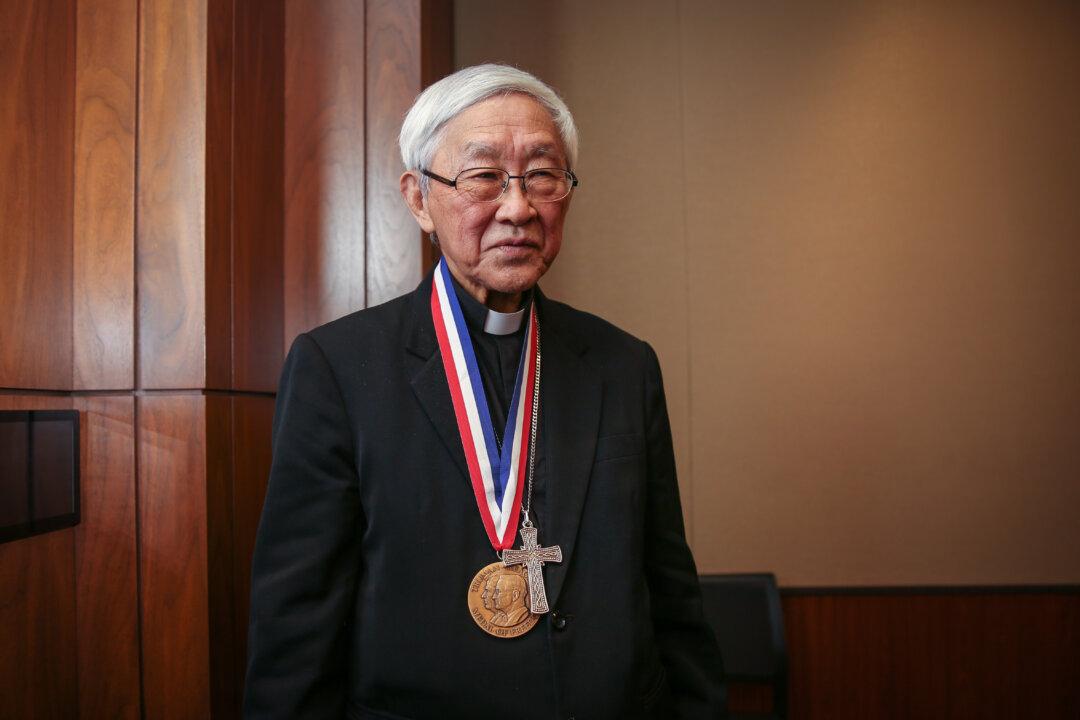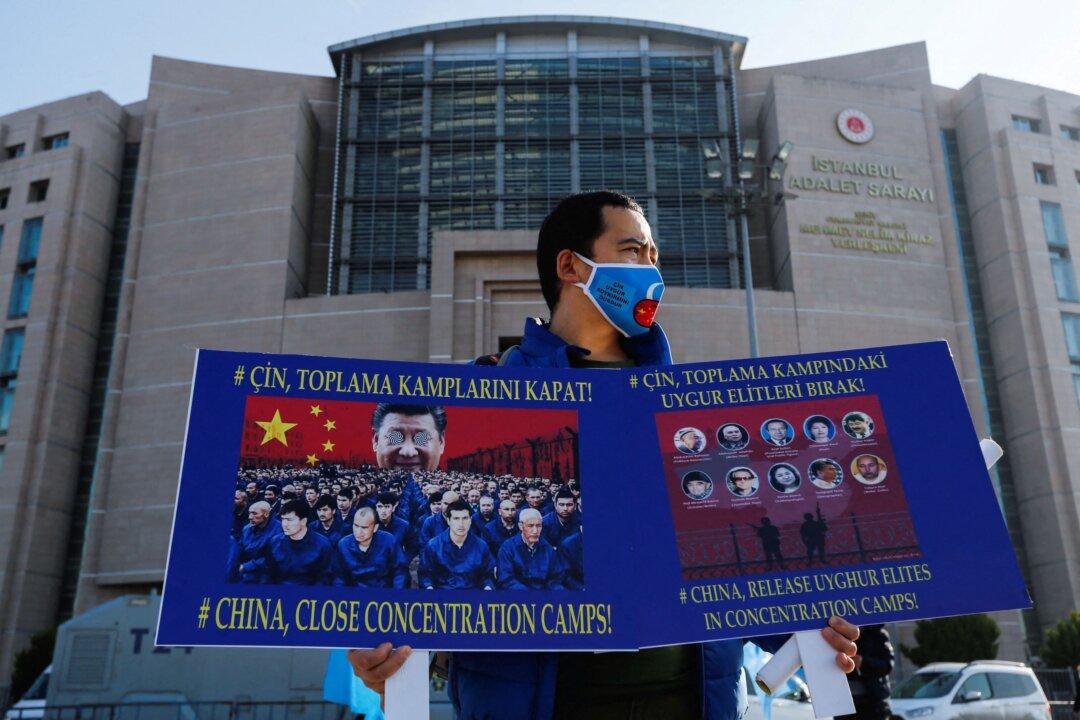Secretary of State Antony Blinken should promptly act to include Falun Gong in the department’s genocide determination citing China. New evidence, deemed credible by a dozen official U.N. human rights experts from various parts of the world, supports the finding that Beijing is extrajudicially putting to death large numbers of Falun Gong prisoners—as well as some Uyghur Muslims, Tibetan Buddhists, and house Christians—in a depraved, if efficient, scheme to excise and sell their body organs.
This is not only unethical, but also threatens to upend the entire international human rights order. World pressure must be brought to bear to stop these hideous killings and persecution, and to stop organ harvesting for an “on-demand” transplant tourism industry.
In January, then-Secretary of State Mike Pompeo determined that the Chinese Communist Party (CCP) had been committing genocide against the predominantly Muslim Uyghurs and other ethnic and religious minority groups in Xinjiang—a determination that Blinken affirmed soon afterward.
Another Chinese community, Falun Gong, an offshoot of Buddhism comprising practitioners mainly from the majority Han ethnic group, is shown to be facing a genocidal threat. Two decades ago, Beijing banned Falun Gong as an “evil cult” and set out to eliminate it. Mounting evidence from a variety of respected sources leads to the irrefutable conclusion that Beijing is working to physically destroy part or all of Falun Gong. This meets the definition of genocide under international law.
Falun Gong was founded in China in 1992 by Li Hongzhi as a mind-body practice of spiritual exercises and meditation that was reported to have quickly drawn at least 70 million practitioners, according to the government, and up to 100 million by other estimates. The CCP, whose own membership was notably smaller, saw the popular group and its motto, “truthfulness, compassion, and forbearance,” as an ideological challenge beyond its control. In 1999, it banned Falun Gong and launched an unrelenting campaign of persecution against it.
Some practitioners were imprisoned and given long sentences; others were detained in secret “black jails,” or psychiatric institutions. Many were brutally tortured, and some reportedly disappeared after arrest. The practice’s public presence, typically of groups performing slow-moving exercises in parks, was crushed. Around the same time, Chinese doctors began performing organ transplants, and within a few years, stories began circulating that Chinese officials were excising vital organs for transplant from death row prisoners—and Falun Gong prisoners of conscience—to sell to domestic and foreign patients at the burgeoning number of Chinese transplant hospitals.
“There is an extensive catalogue of telephone calls made to Chinese transplant hospitals by investigators outside China posing as potential patients, relatives of patients, and doctors. These investigators have elicited admissions from nurses and doctors that organs are available on demand. In a number of these calls, hospital personnel have stated that the organs come from practitioners of Falun Gong.”
Robertson documents that transplant medical personnel and the CCP cadre persecuting Falun Gong are sometimes the very same person. He cites Dr. Zheng Shusen, a leading liver surgeon and vice-president of the China Medical Association, who advertises at the private hospital he and his wife founded, “a specialty in short-notice, emergency organ transplants.” Until 2017, Zheng also chaired the anti-Falun Gong Zhejiang Provincial Anti-Cult Association and, in his preface to a 2009 book, he wrote that Falun Gong is an “evil religion,” a “virus,” and a “cancer.”

If we don’t act, China will be ushering in a “brave new world” that’s more ghastly than even Aldous Huxley’s imagined dystopia.






